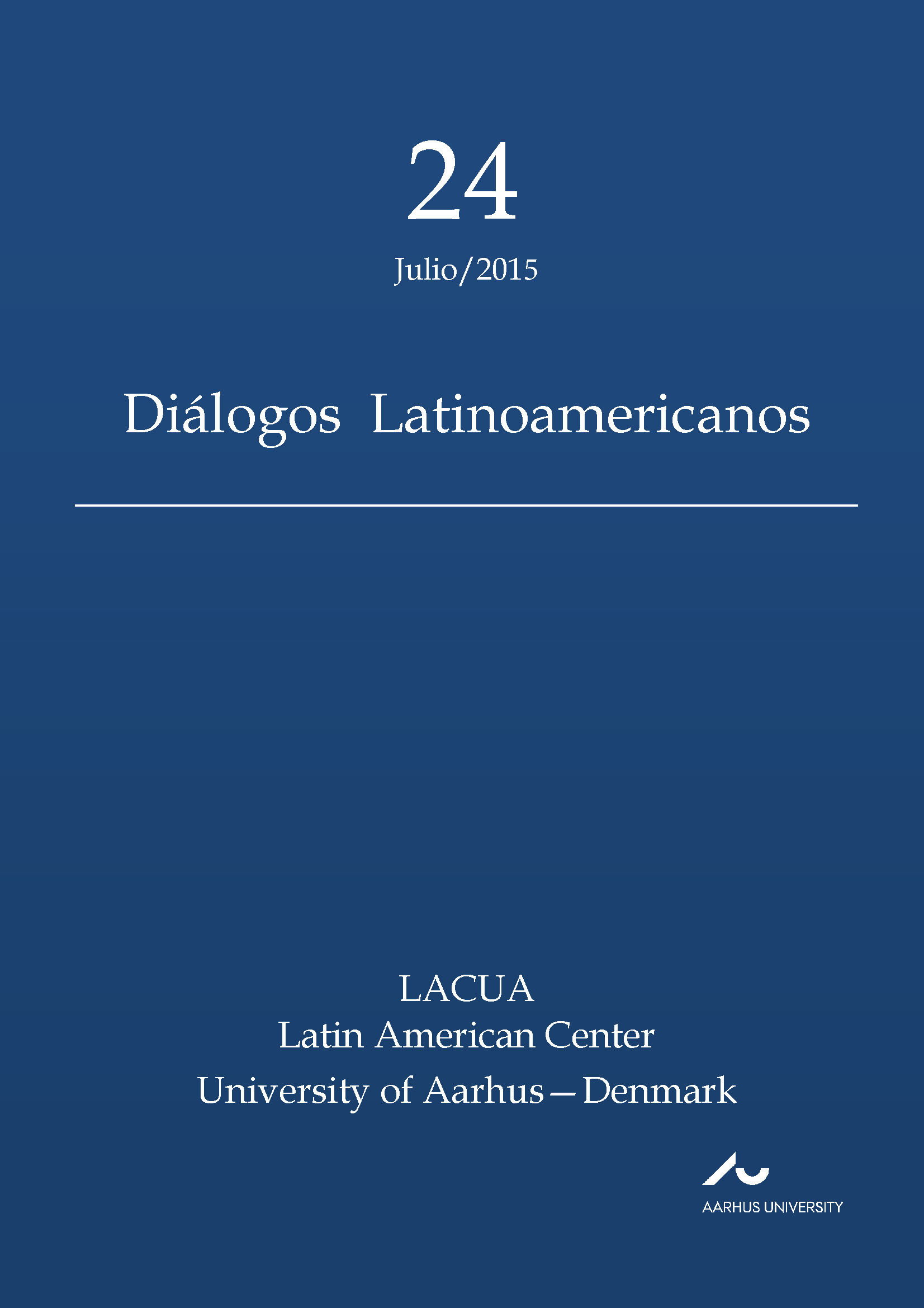Status Jurídico-Constitucional de las Lenguas Indígenas en América Latina
DOI:
https://doi.org/10.7146/dl.v16i24.113058Keywords:
indigenous languages, indigenous peoples, constitution, Latin America, state, sociology of languageAbstract
The constitution is the fundamental norm that rules the modern Nation-States.
Consequently, what it is stipulated in it gives an idea of the relevance that the incorporated
(or not incorporated) elements have to the State. The present research analyses the juridicalconstitutional
status of the indigenous languages in the countries of Latin America, from
the perspective of the sociology of language. The method chosen is the content analysis of
the constitutional articles referring to language and the nature of the Nation-State. It has
been found that only seven countries (mainly from the Andean region of Southern
America) have declared official the vernacular languages, which implies that a 60.5% of the
indigenous people from the subcontinent dwells in countries in which it has not been given
that character to their ancestral languages.
References
ciudadanía’, en J. Ansión y F. Tubino (Eds.) Educar en ciudadanía
intercultural. Lima: Fondo Editorial de la Pontificia Universidad Católica del
Perú, 37-62.
Cooper, R. (1997) La planificación lingüística y el cambio social. Madrid:
Cambridge Univesity Press.
D’Angelis, W. (2009) ‘Lengua indígena: lengua extranjera en tierra indígena’. Avá,
14.
Derridá, J. (1986) De la gramatología (4ta Ed.). Madrid: Siglo XXI.
Fajardo, D. (2011). ‘Educación intercultural bilingüe en Latinoamérica: Un breve
estado de la cuestión’. LiminaR, 9 (2), 15-29.
Fishman, J. (1995) Sociología del lenguaje (4ta Ed.). Madrid: Cátedra.
Fishman, J. (2001) ‘Why Is it so Hard to Save a Threatened Language?’, en J.
Fishman (Ed.). (2001). Can Threatened Languages Be Saved? Clevedon:
Multilingual Matters,1-22.
Gellner, E. (1988) Naciones y nacionalismo. Marid: Alianza Editorial.
Kymlicka, W. (1996) Ciudadanía multicultural. Una teoría liberal de los derechos
de las minorías. Buenos Aires: Paidós.
Sarzurri-Lima, M. (2012) ‘De la palabra al texto: colonialidad lingüística y luchas
interculturales’. Revista Integra Educativa, 5(1).
UNICEF (2009). Atlas sociolingüístico de pueblos indígenas en América Latina.
Cochabamba: UNICEF.
Downloads
Published
How to Cite
Issue
Section
License
Counting from volume 31 (2022), articles published in Diálogos Latinoamericanos are licensed under CC-BY 4.0. Read more about the license terms here https://creativecommons.org/licenses/by/4.0/.
No Creative Commons license applied on volumes 1-30. All rights reserved by the authors. Readers may download, read, and link to the articles, but they cannot republish the articles.
With the publication of volume 31 (2022), authors retain the full copyright to their articles and give Diálogos Latinoamericanos the right to the first publication. Authors also retain copyright to earlier versions of manuscripts, such as the submitted (pre-print) and the accepted manuscript (post-print).
Copyright to articles published in volumes 1-30 is held by the authors.





